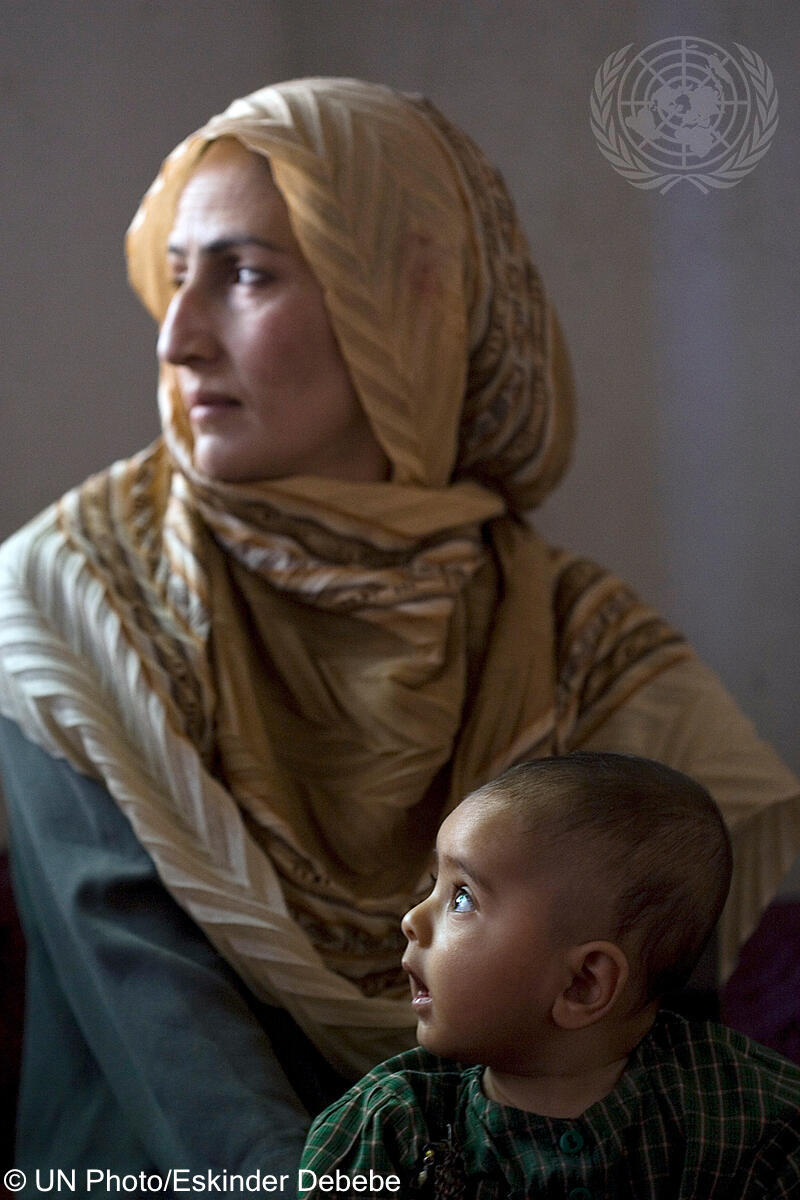
The information below is based on the Report of the Secretary-General to the Security Council (S/2021/312) issued on 30 March 2021.
The monitoring and reporting of sexual violence in Afghanistan were hindered by chronic instability, structural gender inequality and a climate of impunity, with minimal access to services for survivors. Services were further curtailed by pandemic – related movement restrictions, and at least two multisectoral service centres ceased to function following threats from the Taliban. In 2020, the United Nations Assistance Mission in Afghanistan (UNAMA) documented 271 cases of sexual and gender-based violence, 18 of which were verified as conflict-related sexual violence, affecting nine boys, five women and four girls. Acts of conflict-related sexual violence committed against three girls were attributed to members of the Taliban. Members of the Afghan National Army, the Afghan National Police and the Afghan Local Police were also implicated. Five cases of sexual violence against boys were documented as bacha bazi, a practice involving the sexual abuse of young boys by men in positions of power. The United Nations received further information regarding nine credible allegations of conflict-related sexual violence, which could not be verified owing to concerns about the safety of survivors. Although the number of reported incidents of sexual violence, as well as recourse to services, decreased in 2020, this is likely due to COVID-19 containment measures. With respect to the implementation of the Law on Elimination of Violence against Women, specialized prosecution offices are now operational in all 34 provinces; 32 of these offices are headed by women. Afghan National Police family response units are also operational in all provinces, and women comprise approximately 40 per cent of their staff. Despite this progress, lawmakers have not yet prohibited “virginity testing”, there is a low conviction rate for cases of violence against women and girls, and impunity remains the norm. In the context of counter- terrorism, protection concerns have been raised about the Pul-e-Charkhi women’s prison in Kabul, where over 150 women, many with accompanying children, have been held in prolonged pretrial detention owing to their alleged links with Islamic State in Iraq and the Levant-Khorasan.
Recommendation
I commend the Government’s efforts to implement a protective legal framework for women, girls and boys at risk of sexual violence, and call for the enhanced protection of women human rights defenders and for the full and meaningful participation of women in the peace negotiations and in decision-making at all levels.